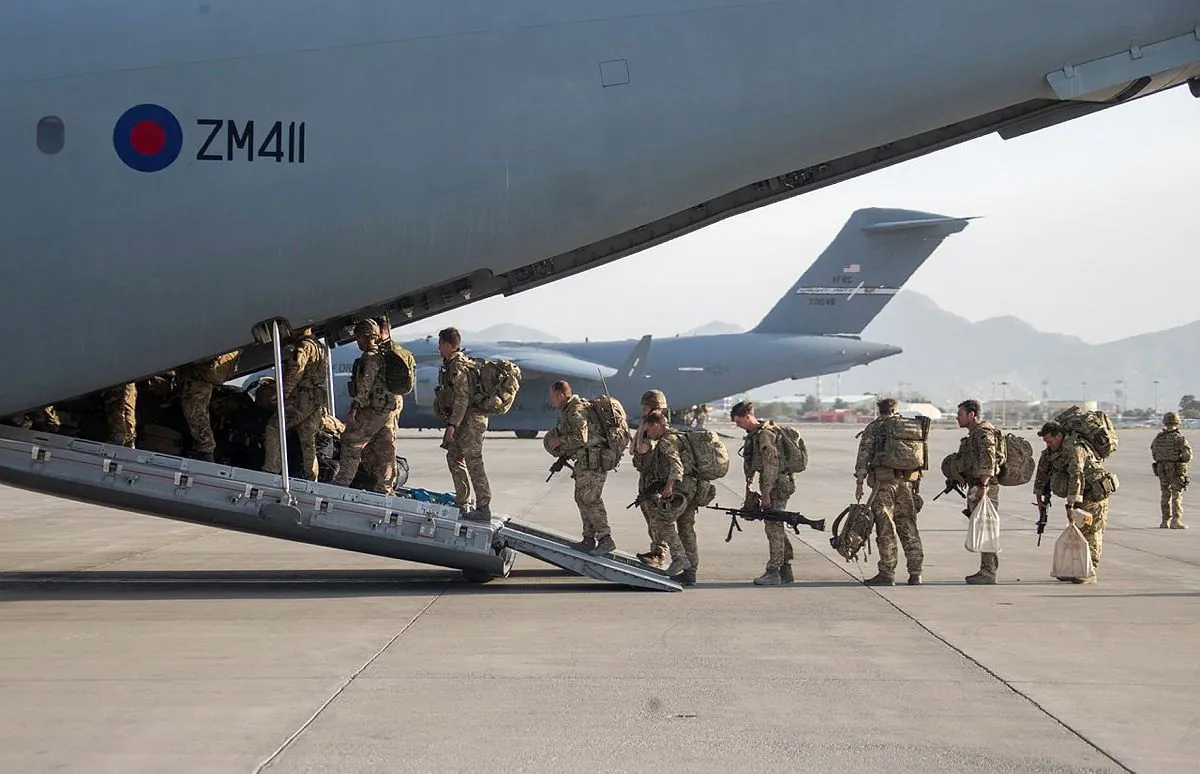In a significant move, the United Kingdom has announced the deployment of 700 troops to Cyprus, aiming to facilitate the evacuation of British nationals from Lebanon. This decision comes as tensions escalate between Israel and Hezbollah, raising concerns about regional stability.
Prime Minister Keir Starmer expressed grave concern over the situation, stating, "All parties need to pull back from the brink." Starmer plans to address the United Nations General Assembly in New York, emphasizing the urgent need for a ceasefire and de-escalation.
The UK government's decision to bolster its military presence in Cyprus is not without historical context. Cyprus, a former British territory that gained independence in 1960, still hosts two sovereign base areas: Akrotiri and Dhekelia. These bases have proven strategically important for the Royal Navy, especially in times of regional unrest.
Defence Secretary John Healey emphasized the volatility of the situation, urging British nationals to leave Lebanon immediately. The UK has already positioned two Royal Navy ships, aircraft, and transport helicopters in the area, demonstrating its readiness to support its citizens.
The current conflict has its roots in a complex history of regional tensions. Hezbollah, founded in 1985 during the Lebanese Civil War, has been a significant player in the region's geopolitics. The organization, considered a terrorist group by several countries including the UK and US, has been firing rockets into Israel in support of Hamas.
Israel's recent offensive has had devastating consequences. According to Health Minister Firass Abiad, the attacks have resulted in 569 casualties, including 50 children, and left 1,835 wounded in Lebanon. Thousands of displaced individuals from southern Lebanon have sought shelter in schools and other buildings, exacerbating the humanitarian crisis in a country already grappling with severe economic challenges since 2019.
The situation is further complicated by Lebanon's unique position as the country hosting the largest number of refugees per capita globally. This demographic pressure, combined with the ongoing conflict, poses significant challenges for the nation of approximately 6.8 million people.
"Events in the past hours and days have demonstrated how volatile this situation is, which is why our message is clear, British nationals should leave now."
As Israel shifts its focus from Gaza to the northern frontier, the international community watches with bated breath. The conflict's potential to destabilize the entire Middle East cannot be overstated, especially considering the ongoing war between Hamas and Israel in Gaza, which began nearly a year ago.
The United Nations Interim Force in Lebanon (UNIFIL), present since 1978, faces new challenges in maintaining peace along the Blue Line, established by the UN in 2000 as the border between Lebanon and Israel. This latest escalation tests the effectiveness of international peacekeeping efforts in the region.
As the situation unfolds, the world looks to diplomatic efforts to prevent further escalation. The annual United Nations General Assembly meeting provides a crucial platform for world leaders to address this pressing issue and work towards a peaceful resolution.
